An accelerated rollout of rooftop solar and electrification of low-income housing would boost Australia’s economy by $17 billion (USD 11.3 billion), according to a new Deloitte Access Economics report, commissioned by the Australian Council of Social Service (ACOSS).
The Powering Progress: Energy Upgrades to Low-income Housing report analysis looks at rooftop solar, electrification and thermal efficiency upgrades for 1.2 million homes over seven years finding construction, indirect employment and household bill savings would generate up to $17 billion in gross domestic product over the lives of the upgrades.
It outlines the need for an Australian Efficiency and Resilience Retrofit Fund of $2 billion investment in the first year to be scaled annually to plug a gap in the country’s energy transition that currently risks leaving low-income households behind.
The report found the emissions reductions supported by proposed upgrades are estimated at up to 2,400 kt CO2e per year or the equivalent of taking 750,000 cars, roughly 5% of the country’s registered vehicles, off the road.
The upgrades could also avoid $3 billion in emission abatement costs on the path to net zero, in present value terms.
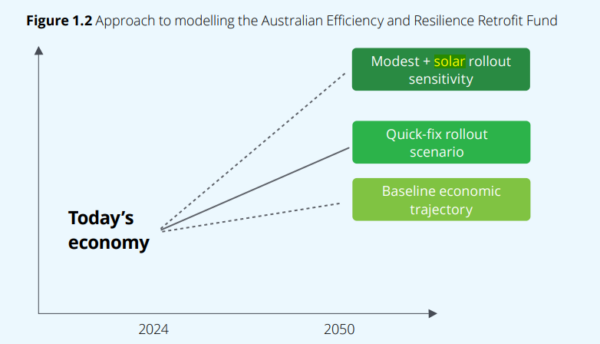
Image: Deloitte
ACOSS Chief Executive Officer Dr Cassandra Goldie said the government’s $300 million provided to roll out energy upgrades to 60,000 social housing dwellings (15% of all social housing) was a welcome step in the right direction.
“The government cannot afford to stop here if it wants to put people who are struggling as its first priority, and build the social licence needed to accelerate the energy transition,” Goldie said.
“We can’t keep prioritising investment in profitable big industries ahead of people who are doing it tough and struggling to afford housing, energy, transport, medicine and put food on the table.”
Scenario costs in the report are based on Australian research service Climateworks Centre ‘quick fix’ upgrade scales, the larger of which includes rooftop solar, which combined with modest electrification and thermal upgrades drives the largest economic benefit.
Deloitte Access Economics Partner Claire Ibrahim said households have been largely neglected in efforts to decarbonise Australia so far.
“Retrofits and ensuring new dwellings are climate smart will be essential to reaching net zero,” Ibrahim said.
“Well-designed energy upgrades for low-income housing will ease the cost of living and drive sustainable economic growth as Australia shifts to a green economy.”
The average cost estimated by the report of a rooftop solar installation plus other thermal household upgrades is $24,300, and would be a $29.2 billion investment for the rollout between 2025 and 2031.
This content is protected by copyright and may not be reused. If you want to cooperate with us and would like to reuse some of our content, please contact: editors@pv-magazine.com.
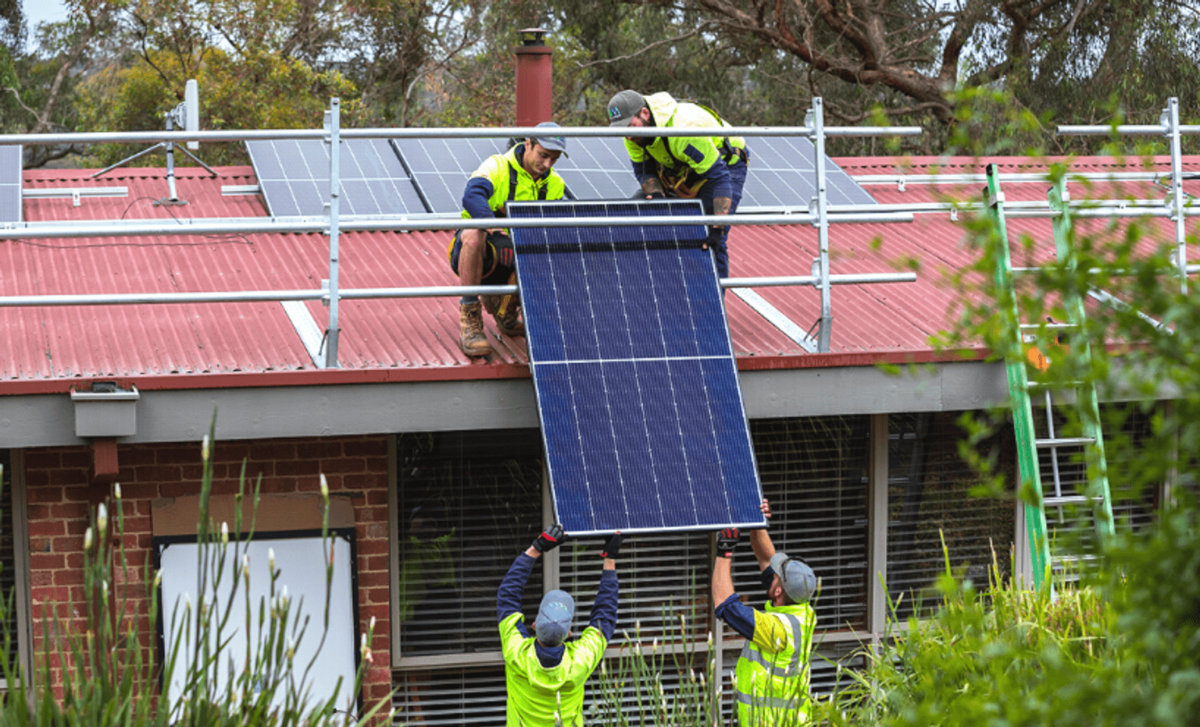


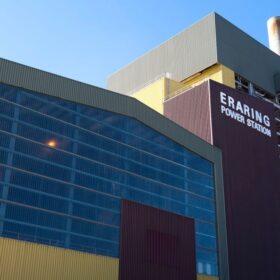

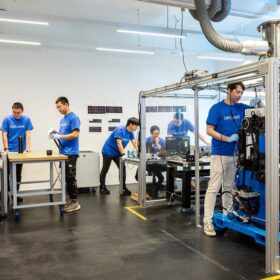
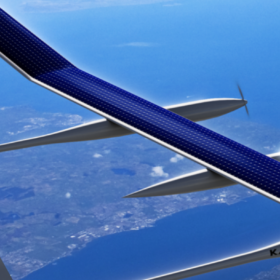
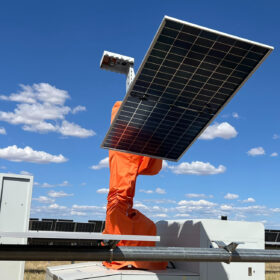
By submitting this form you agree to pv magazine using your data for the purposes of publishing your comment.
Your personal data will only be disclosed or otherwise transmitted to third parties for the purposes of spam filtering or if this is necessary for technical maintenance of the website. Any other transfer to third parties will not take place unless this is justified on the basis of applicable data protection regulations or if pv magazine is legally obliged to do so.
You may revoke this consent at any time with effect for the future, in which case your personal data will be deleted immediately. Otherwise, your data will be deleted if pv magazine has processed your request or the purpose of data storage is fulfilled.
Further information on data privacy can be found in our Data Protection Policy.